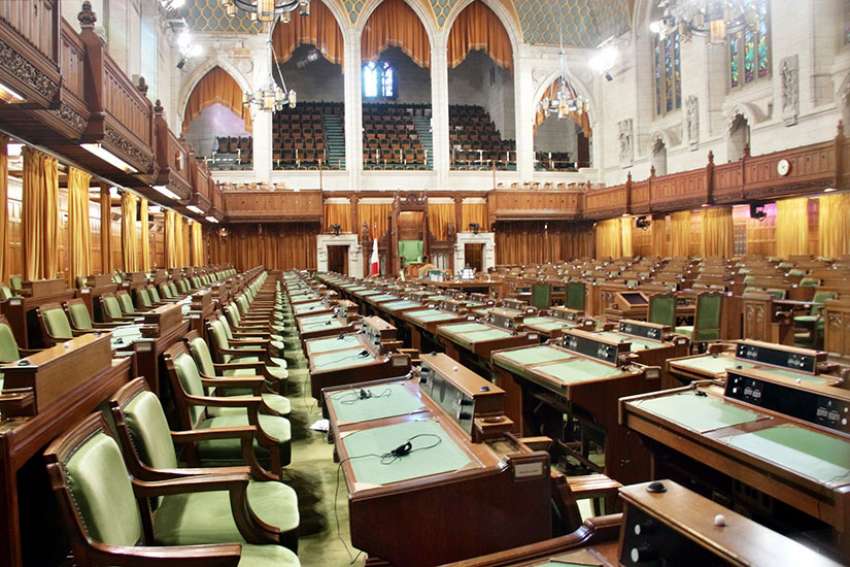“Over the past 30 years, tobacco use by Canadians under the age of 24 has been cut in half and smoking cigarettes is no longer socially acceptable,” the Peace River-Westlock, Alta., MP told the House of Commons Health Committee Feb 7.
“Now some may say that people are not impacted by media and marketing and kids aren’t especially impacted by what they view,” he said. But evidence by health organizations “tells us otherwise,” he said, referring to a Heart and Stroke Foundation study on the impact of food and beverage sector marketing.
“Never mind the largest portion of the Internet is being used for sexually explicit materials, not food marketing,” he said.
Viersen appeared as a witness as the committee prepares to launch the study called for in his Motion M-47 to “examine the public health effects of the ease of access and viewing of online violent and degrading sexually explicit material on children, women and women.” Motion M-47 passed unanimously last December.
The Health Committee will aim at keeping its study to the health impacts of online violent pornography, using the best scientific data available and not the legal aspects, said Liberal MP and Committee Chair Bill Casey.
“Sexually explicit websites get more visitors each month than Netflix, Amazon and Twitter combined, with PornHub, the largest free site in Canada, alone receiving over 21 billion visits in 2015,” Viersen told the committee, noting 35 per cent of Internet downloads are sexually explicit and almost 90 per cent of those downloads feature violence against women.
“Sexually explicit material has become the primary source of information about sex and a significant factor influencing sexual behaviours for children and adolescents,” he said. “Let that sink in for a minute, a $97 billion industry that makes up 35 per cent of all the Internet downloads is easily accessible by the click of a button and primarily features violence and degradation of women is the primary sexual educator of our youth, starting from the age of 12.
“As a result, boys and girls are being taught that violence and degradation is acceptable and to be accepted and as they grow up to be women and men they are denied meaningful relationships,” he said. “This is impacting the physical, mental and emotional health of many young Canadians who grow up to be mothers, fathers, doctors, lawyers, teachers and legislators.”
Viersen said he hoped the committee’s study would result in “federal leadership through the lens of the public health model,” that starts with identifying the risks and leads to developing initiatives and programs to address them. Canada is only at the first stage of identifying the risks, he said.
“If we think back to the fight against tobacco, the key shift didn’t occur until the harm was recognized and the public health model approach was taken,” he said.
Though he would support Internet providers having opt-in provisions and other methods of protecting users from accidentally encountering pornography, Viersen told the committee he did not support Canada’s taking a Chinese-style government control over the Internet.
In a response to a question about human trafficking, Viersen said many of the 60 organizations that supported his motion were involved in fighting human trafficking and have stressed its links to the porn industry.
Viersen said the Internet has led to ease of access to pornography, but a cultural change is necessary so no matter where violent pornography is available, the market for it dries up.
“If there’s no market for this stuff, the money that flows down the system will disappear and we’ll save lives in places like Cambodia just because of that, for sure.”
The Health Committee will soon determine which witnesses it will call to examine the health impacts of violent pornography.


